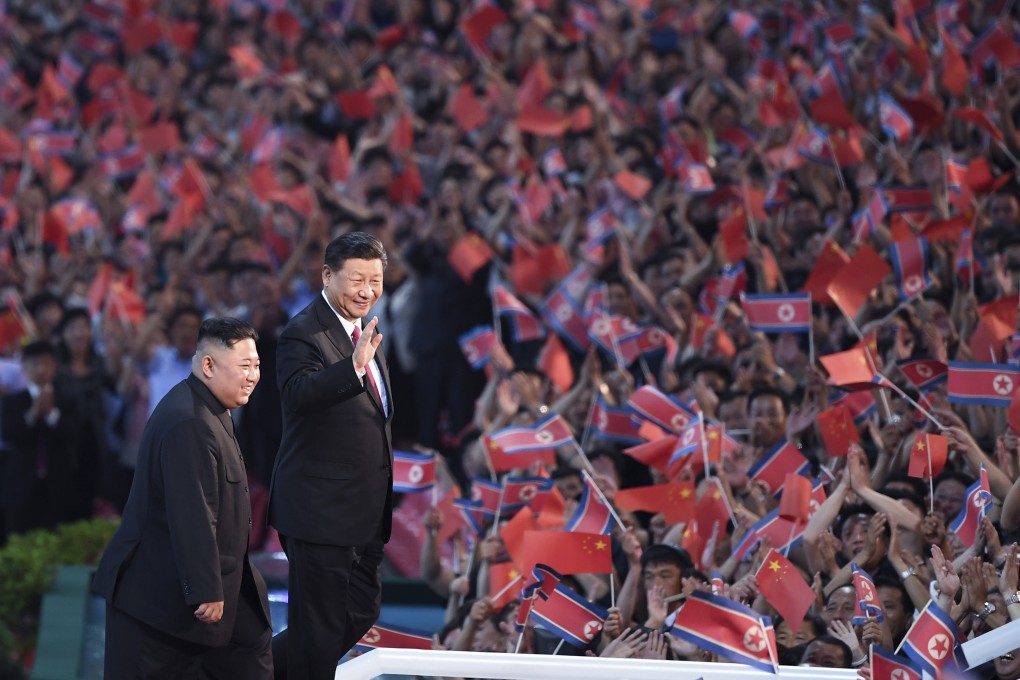Advertisement
Opinion | It’s in China’s best interest to rein in a nuclearised North Korea
- As North Korea develops tactical nuclear warheads, China must not allow Pyongyang to threaten regional security
- Radioactive leakage could impact communities along the Chinese border in the event of a seventh atomic test
Reading Time:3 minutes
Why you can trust SCMP
20

Amid assessments that a seventh North Korea nuclear test hinges on leader Kim Jong-un’s decision, the timing of its execution remains a matter of utmost concern. Experts indicate that North Korea had met the technical prerequisites for yet another nuclear test as of March 2023.
Officials from the United States and South Korea said the Punggye-ri Nuclear Test Site was ready as of the first half of 2022. Given that the primary objective of the seventh nuclear test is to develop tactical nuclear warheads, last year’s unveiling of North Korea’s new warhead model, Hwasan-31, satisfies this requirement.
Undoubtedly, China shoulders the primary responsibility for North Korea’s nuclear status. This is evident as China, while adopting UN Security Council resolutions to impose sanctions on North Korea, has simultaneously pursued a dual approach of engagement, affording North Korea a window of opportunity.
Despite China’s professed commitment to stability on the Korean peninsula, its tolerance of North Korea’s nuclear programme undermines these claims, leading to criticism that China lacks credibility when advocating for strategic cooperation with the US or discussing security concerns in the Asia-Pacific region.
Even when South Korea attempted to attain nuclear weapons back in the 1970s, the US stopped it after forgoing the total withdrawal of American troops from South Korea. While the US focuses on deterring North Korea to maintain stability on the Korean peninsula, China has consistently erred by tacitly allowing North Korea’s destabilising behaviour, which exacerbates regional insecurity.
Considering that India and Pakistan have attained the status of de facto nuclear-armed states with just three and two tests respectively, a seventh North Korean nuclear test would present a challenge that surpasses the capabilities of those two countries.
Advertisement
